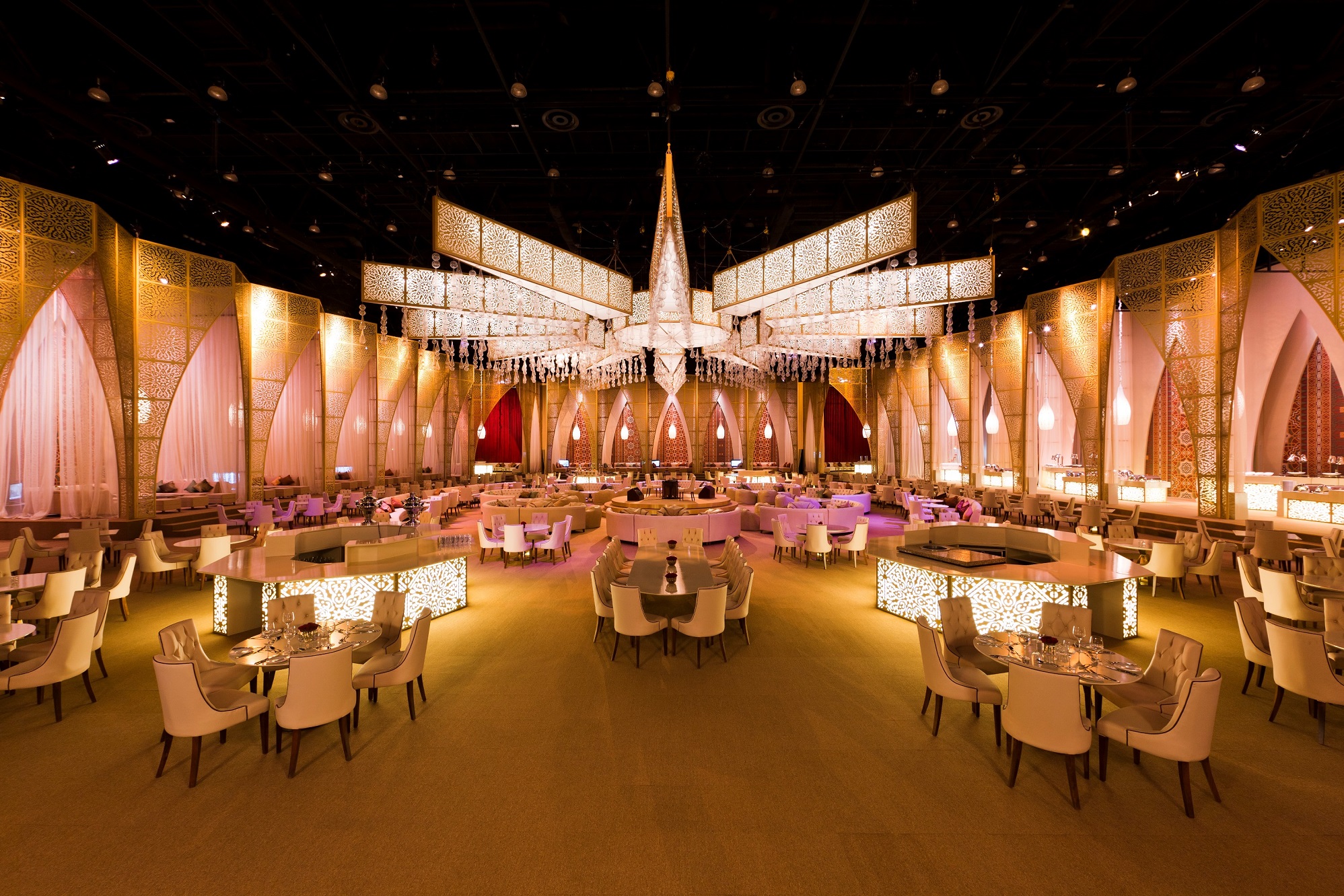Event planning is a multifaceted process that requires careful attention to detail, creativity, and the ability to adapt to unforeseen challenges. Whether you’re organizing a small gathering or a large-scale corporate event, understanding the four key stages of event planning can help ensure your event runs smoothly.
These stages—conceptualization, planning, execution, and evaluation—are crucial for event planners in Dubai and beyond. In this article, we’ll explore each stage in detail and provide insights into what to expect at every step.
1. Conceptualization: Laying the Foundation
The first stage of event planning is conceptualization, where the vision for the event is born. This stage involves brainstorming ideas, defining the event’s purpose, and setting goals. Event planners often work closely with clients during this phase to understand their needs, preferences, and budget constraints.
Key Elements of Conceptualization
-
Defining the Event’s Purpose: What is the main objective of the event? Is it a product launch, a wedding, a conference, or a charity fundraiser? Understanding the purpose helps shape the overall concept.
-
Setting Goals and Objectives: What do you want to achieve with the event? Whether it’s increasing brand awareness, raising funds, or celebrating a milestone, clear goals are essential.
-
Identifying the Target Audience: Who will be attending the event? Understanding the demographics and preferences of the audience is crucial for creating an event that resonates with them.
-
Budgeting: Establishing a budget early on helps guide decision-making throughout the planning process.
During this stage, event planners in Dubai leverage their expertise to suggest innovative themes, venues, and entertainment options that align with the client’s vision. This creative collaboration sets the tone for the entire event.
2. Planning: Turning Ideas into Reality
Once the concept is finalized, the next stage is planning. This phase involves the logistics and coordination necessary to bring the event to life. It’s where the ideas and goals set during the conceptualization stage are transformed into actionable plans.
Key Elements of Planning
-
Venue Selection: Choosing the right venue is critical. Event organizers often have a network of preferred venues, from luxury hotels to outdoor spaces, that cater to various types of events.
-
Vendor Coordination: From caterers to photographers, securing reliable vendors is essential. Event planners must negotiate contracts, manage timelines, and ensure all vendors are aligned with the event’s goals.
-
Event Design: This includes everything from decor and lighting to seating arrangements and signage. The design should reflect the event’s theme and create a memorable experience for attendees.
-
Permits and Legalities: Depending on the event’s location and nature, obtaining the necessary permits and adhering to local regulations is a must.
-
Marketing and Promotion: For public events, creating a marketing strategy is key to attracting attendees. This might include social media campaigns, email marketing, and partnerships with local influencers.
During the planning stage, attention to detail is crucial. Event planners must anticipate potential challenges and develop contingency plans to address them. Effective communication with clients and vendors is essential to ensure everything stays on track.
3. Execution: Bringing the Event to Life
The execution stage is where all the planning comes to fruition. This is the most dynamic phase, as it involves managing the event in real-time. Event planners in Dubai must be on their toes, ready to tackle any issues that arise.
Key Elements of Execution
-
On-Site Coordination: Ensuring that everything runs smoothly on the day of the event is the primary focus. This includes overseeing vendor setup, managing the event schedule, and coordinating with staff.
-
Guest Management: Welcoming and guiding guests, handling registrations, and addressing any special needs are all part of guest management.
-
Technical Support: Ensuring that audiovisual equipment, lighting, and other technical aspects function correctly is vital for the success of the event.
-
Problem Solving: No event is without its hiccups. Event planners must be quick on their feet to resolve issues, whether it’s a last-minute change in the program or a vendor running late.
During execution, the ability to stay calm under pressure is key. They often have a team on-site to assist with various tasks, ensuring that the event goes off without a hitch.
4. Evaluation: Learning and Improving
The final stage of event planning is evaluation. After the event concludes, it’s important to assess its success and identify areas for improvement. This stage is often overlooked, but it’s crucial for refining the event planning process and ensuring future success.
Key Elements of Evaluation
-
Post-Event Debrief: Gathering feedback from the client, team members, and vendors is essential. What went well? What could have been better?
-
Analyzing Metrics: For events with specific goals, such as fundraising or lead generation, analyzing the results is key. Did the event meet its objectives?
-
Guest Feedback: Collecting feedback from attendees can provide valuable insights into their experience and help improve future events.
-
Finalizing Finances: Ensuring all invoices are paid and the budget is reconciled is a crucial part of the evaluation stage.
By conducting a thorough evaluation, event planners in Dubai can refine their strategies and processes, leading to even more successful events in the future.
Event planning is a complex and dynamic process that requires careful attention to detail at every stage. From conceptualization to evaluation, each phase plays a critical role in the success of an event. For event planners, understanding these stages and what to expect can make the difference between a good event and a great one.
By mastering the four stages of event planning, professionals can ensure they deliver memorable and impactful experiences for their clients.
